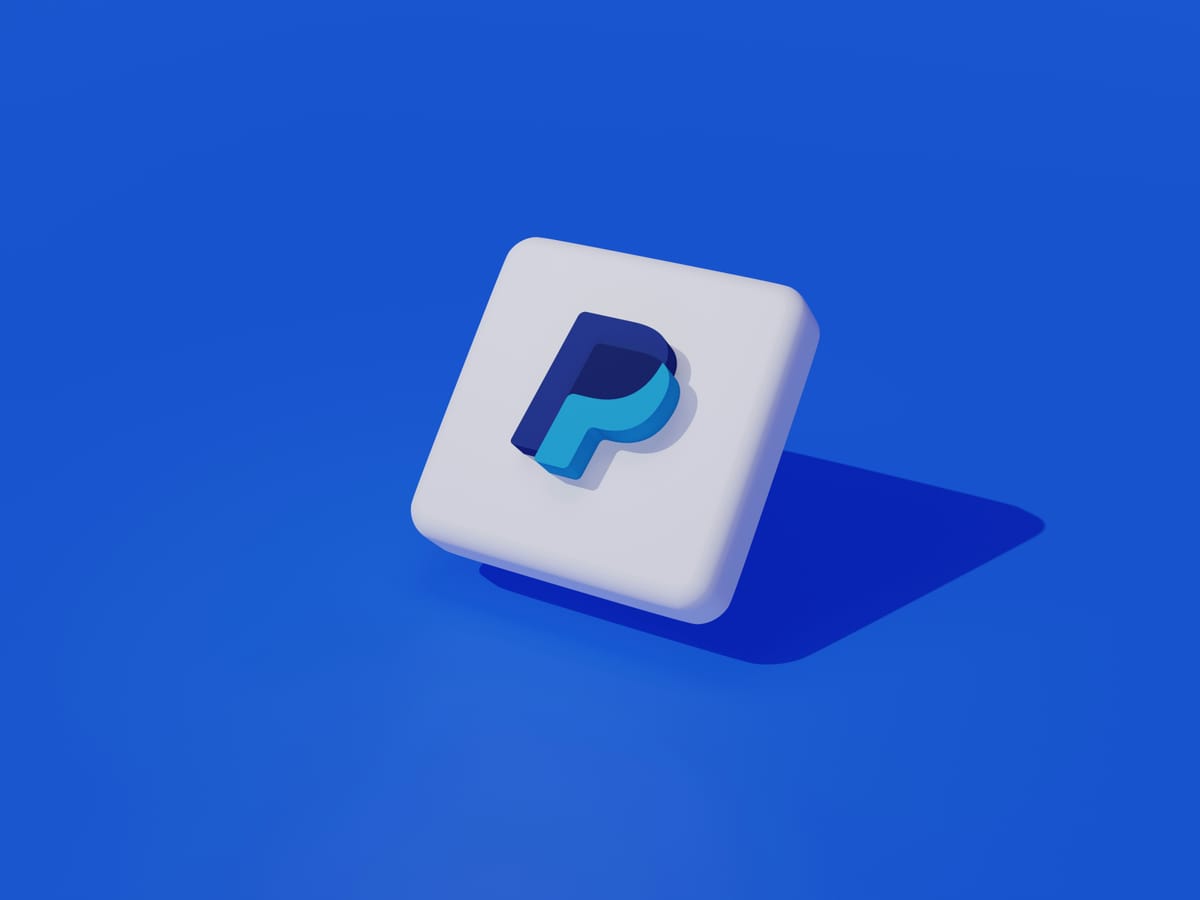The Rise of PayPal: A Revolution in Online Payments

PayPal, once a small startup, has become a global behemoth in the world of online payments. Its innovative platform has transformed the way we transact business online, making it easier, safer, and more convenient for both consumers and businesses. This article explores the history of PayPal, its key features, and its impact on the broader e-commerce landscape.
The Early Days: A PayPal Story
PayPal was founded in 1999 by Peter Thiel, Elon Musk, and others. Initially conceived as a platform for sending money between friends and family, PayPal quickly evolved into a robust online payment system. The company's acquisition of Confinity, a company specializing in online payments, provided the foundation for its future growth.
PayPal's Key Features and Benefits
- Security: PayPal employs advanced security measures to protect user data and prevent fraud. Its buyer protection program gives customers peace of mind when making online purchases.
- Convenience: PayPal offers a seamless checkout experience, allowing users to complete transactions with just a few clicks. Its integration with popular online marketplaces and websites makes it easy for businesses to accept payments.
- Global Reach: PayPal operates in over 200 countries and regions, making it a convenient option for international transactions. Its support for multiple currencies and languages facilitates cross-border commerce.
- Flexibility: PayPal offers a variety of payment options, including credit cards, debit cards, and bank accounts. This flexibility makes it accessible to a wide range of users.
- Mobile Payments: PayPal's mobile app allows users to send and receive money, make purchases, and manage their accounts on the go. This has contributed to its popularity in the era of smartphones.
PayPal's Impact on E-commerce
PayPal's rise has had a profound impact on the e-commerce industry. By providing a secure and convenient payment platform, PayPal has helped to boost online sales and encourage more businesses to adopt e-commerce. Its reputation for reliability and trust has made it a preferred payment method for many consumers.
Moreover, PayPal has played a crucial role in enabling cross-border e-commerce. Its global reach and support for multiple currencies have made it easier for businesses to sell their products and services to customers around the world.
Competition and Challenges
Despite its success, PayPal has faced competition from other online payment providers, including Visa, Mastercard, and Apple Pay. These competitors have introduced their own payment systems and services, challenging PayPal's dominance.
Additionally, PayPal has faced regulatory scrutiny in some jurisdictions. Concerns over money laundering and terrorist financing have led to investigations and fines. The company has worked to address these concerns and comply with relevant regulations.
The Future of PayPal: Continued Innovation
PayPal continues to evolve and innovate to stay ahead of the competition. The company has invested in new technologies, such as blockchain and cryptocurrency, to explore potential new payment solutions. Additionally, PayPal has expanded its services beyond online payments, offering features like peer-to-peer lending and business financing.
As the digital economy continues to grow, PayPal is well-positioned to remain a leading player in the online payment space. Its reputation for security, convenience, and global reach makes it a valuable partner for both consumers and businesses.


